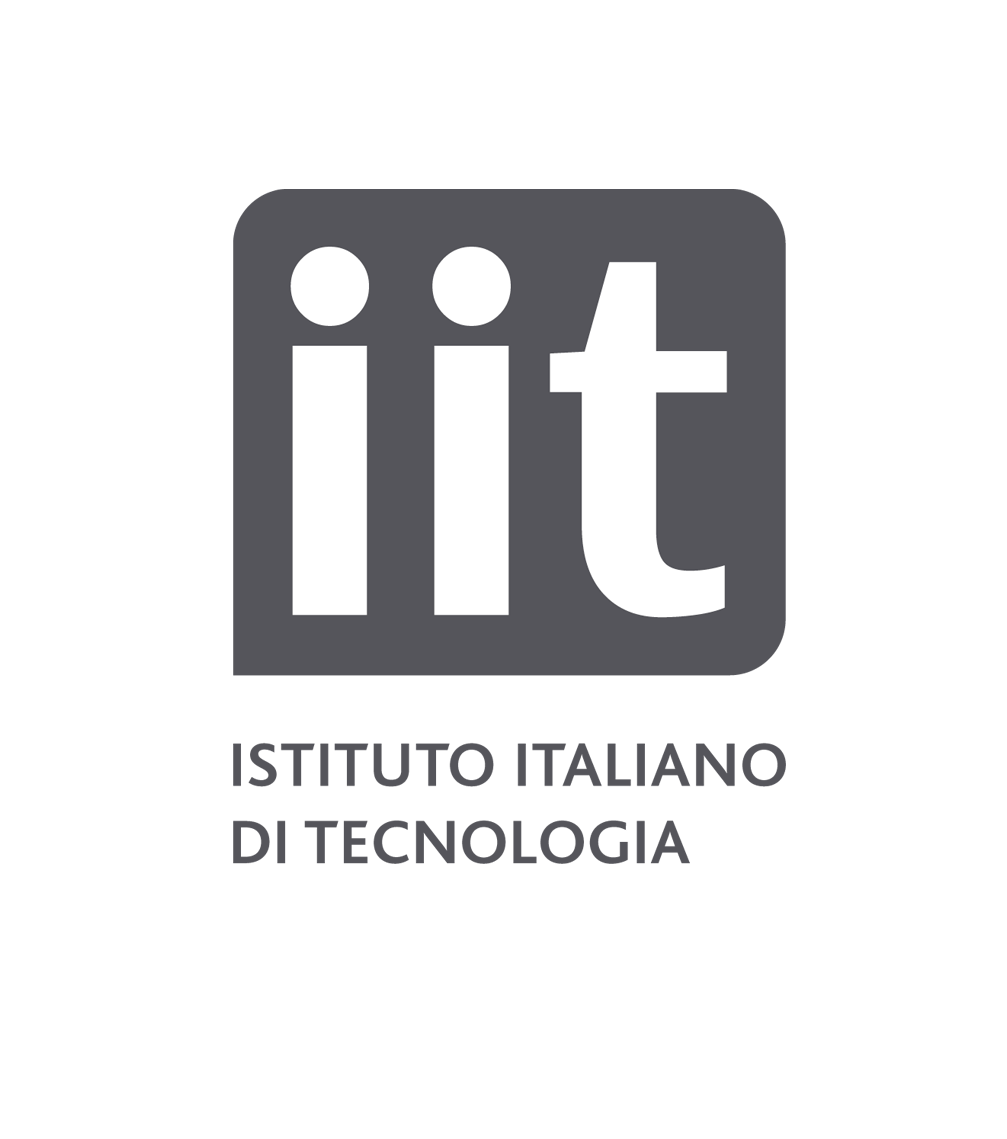FOR FORMER IIT PEOPLE
Your profile will remain on People for a period of 5 years from the termination of your relationship with IIT.
If you do not wish to appear in People, you can contact the IIT Data Protection Officer (whose references can be found in the Privacy section of the website) to request the removal of your profile.
People
People is a section of the IIT website where you can get in touch with all the scientific, technical, and administrative staff of IIT, thus having the opportunity to know what are the professional skills within the Foundation
Principal Investigator
Technologist
Researcher
Empty People
PhD student
